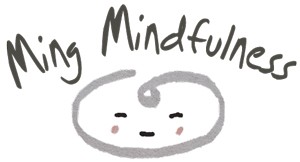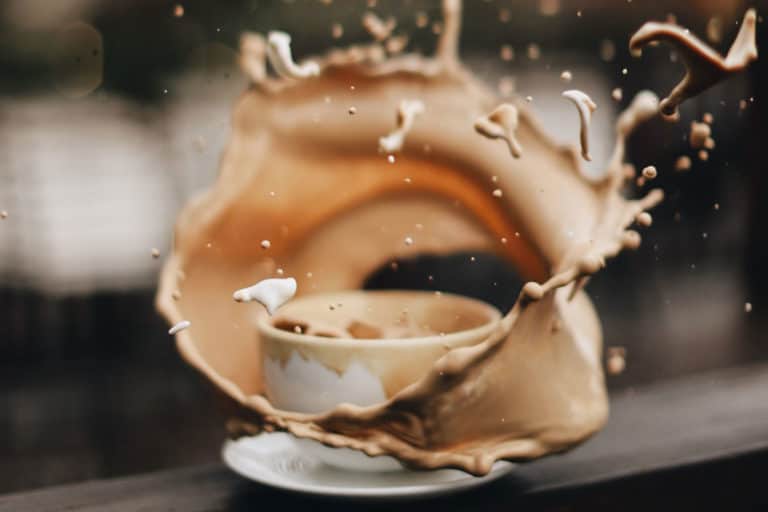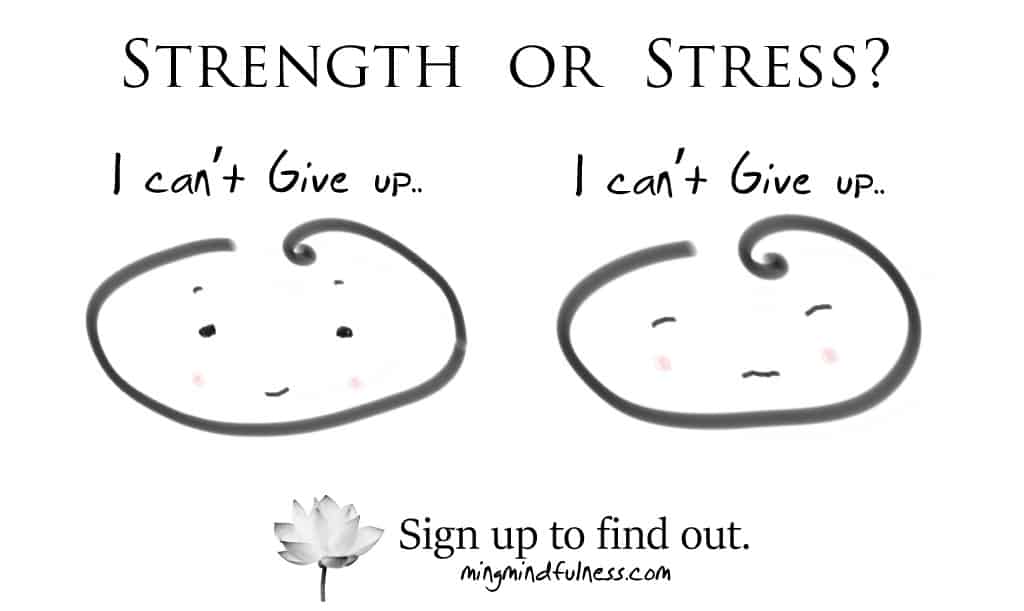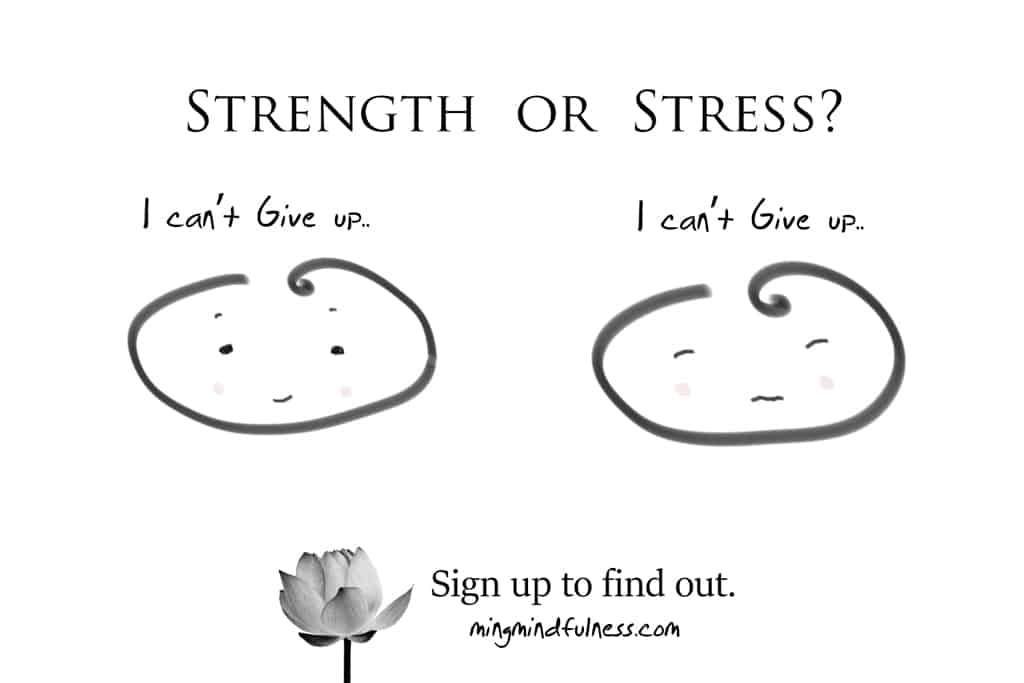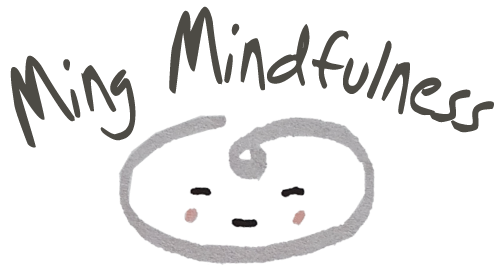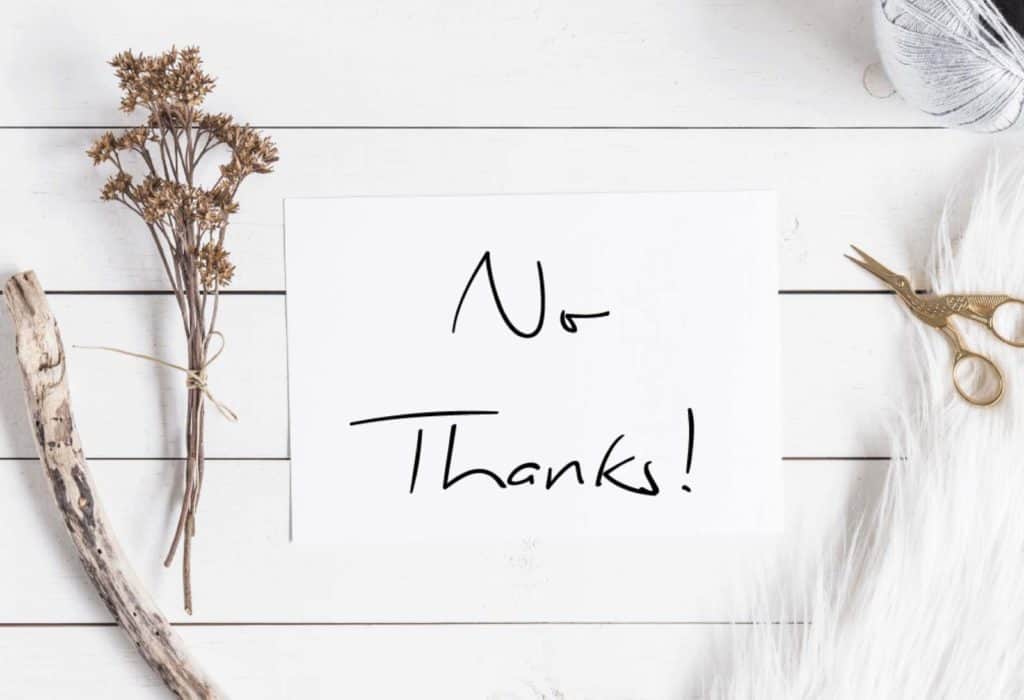
As a curious and intellectual young adult seeking spiritual truth and psychological peace, mindfulness did not particularly draw me as a concept or strike me as particularly fun in the earlier part of my journey. Almost all people I have spoken to encounter one or more of these thoughts I am sharing. Personally, I have encountered all of them in my journey. The intention is not to convince anybody to take on the practice but to provide the context for better understanding of what mindfulness practice is or isn’t. Especially with the rampant usage of the word ‘mindfulness’ these days.
1. ‘I already know what mindfulness is.’
Mindfulness is one of those things you want to claim that you know right away after reading or attempting one or two practices. On the other end of the spectrum, you may throw your hands in the air right away and say you are not the ‘type’ to be mindful, that ‘I am too active or impatient’. I have been on both sides of the spectrum.
There are many options in life, and our mind has a way of ‘sifting’ out choices quickly. This is not a bad thing. But one mistake we make is to sift out experiences in favour of knowledge. E.g. Or I know what an apple is, though I haven’t eaten one. This is especially true for our mind related matters. Thanks and no thanks to how we are taught academic subjects in schools, we tend to believe cognitive understanding is all to it. E.g. ‘I read this book on growth mindset; hence I know how to do it now!’ Or beating ourselves up because ‘I should have known to be mindful about yelling but I didn’t!’
Mindfulness practice is one of those things that needs to be experienced in the body, and it teaches us how to bring all aspects of our life into our full embodied experience.
2. ‘There are other more interesting ways that allow me to drop into the moment quicker.’
I have done all kinds of practices, shamanic or energetic healing, singing bowl meditation, mantras chanting, yoga; all of which have their tremendous merit. But I would say that the intention might be somewhat different. Many of these modalities appeal to a certain need to fix something, a wound, a pain, an end. Hence it usually involves a more contrasted experience so we feel relief or experience effects quicker.
While emotional healing and feeling of calmness or relief are common in mindfulness practice, they are likely by-products from the practice. The ultimate intention of mindfulness is more about practicing a lifelong skill for the mind. A skill that human beings can use to navigate our inner world with objective and compassionate attitudes. A reliable resource regardless of the situation. Thus the practice is built on long-term wisdom; short-term feel-good factor is never actually a goal. The noticing of my attachment to feeling good is in itself part of the mindfulness practice.
3. ‘I need more sophisticated professionals to help me uncover my unconscious/subconscious.’
Sometimes, we hold the belief that we can’t access some parts of our inner world and we can get to it quickly with help from others. Indeed, a good professional modality can help accelerate clarity or awareness, and I do not discount the need of external help. But an aspect of these ‘external’ search might also encourage dependency and helplessness. When I was a counsellor, I encountered this frequently in that a therapist quickly becomes a client’s safety net.
I believe it is equally important to develop our own inner tool for resilience, which is key to a sense of safety and the ability to navigate life no matter the circumstances. It indirectly affects our sense of self-worth and esteem.
4. ‘It is so boring, what is the point if I keep falling asleep.’
It can indeed be boring and sleep-inducing, especially for longer practices. It was through my practices that I realised that even sleepiness can be compassionately observed. Our practice shows us our triggers, needs, and responses to different external stimulus. It also shows us our inner states. What bores us? What annoys us? What frustrates us? A practice becomes the safe space for us to observe and practice a sense of ease towards our fluctuating states and needs no matter the circumstances.
5. ‘How many years do I need to do this before I notice a difference? I don’t have time.’
My need to do all things with a known expected outcome benefited me greatly in my work and enhanced my efficiency when running projects. However, becoming a parent brought significant challenges when I cling too tightly to outcomes. Developing an alternative resource of knowing how to journey with ease and learning to sit with uncertainty were all paramount to enjoying my relationships.
I used to get frustrated and annoyed when people advice ‘stay in the present moment’ or ‘enjoy the journey’, because I can’t feel it and I don’t quite know how. This further aggravated my sense of guilt and failure. Being part of the mindfulness journey was full of upheavals and resistance, but it truly showed me the beginning steps of how to sit back in my life.
6. ‘It made me feel worse.’ Or ‘It doesn’t feel good.’
As per point 4, any emotional state can arise during a practice. Many times, what we observe is already present within us, but the practice can amplify these states. Learning to sit with difficulty or unpleasantness is a core practice of mindfulness and the reason it is a tool for lifelong resilience. It does not mean that mindfulness practice encourages pain or induces difficulties on purpose. In fact mindfulness is founded on the basis of kindness and compassion for pain and sufferings – an inevitable component of life.
7. ‘It is not spiritual! Everything is an objective observation. The fact that I feel like I am floating or see light or colours when meditating, isn’t it a sign of something divine and not just an observation?’
I remembered at one point I was feeling offended that my ‘spiritual’ experiences were not validated as ‘right’ during a mindfulness program. It was another thing to be seen and observed as per any other thoughts, emotions or sensations. ‘These could jolly well be enlightenment!’, I screamed in my mind. It took me months to gain enough space to observe my attachment to the need to feel special and understand the fleeting nature of our inner states or even spiritual states. And that all states are important in the moment, and we give it our full and honorable attention. But it is also ok when these states leave, and life continues to be rich and whole in our being’s full simplicity and normalcy.
8. These gentle-sounding, always-smiling-and-kind mindfulness practitioners drives me nuts. It’s almost pretentious! Life is not a bed of roses!
There are many things I have struggled with for a long time. Many of these pain and sufferings arise during practices, and I felt alone in the presence of a ‘mindfulness group’ who all seem to smile and at ease. Sometimes mindfulness, if not careful, can be presented as the perfect practice for ease, calm and peace.
The practice itself is neutral; no perfection or imperfection. A mindfulness practice is like a mirror. No feelings, no judgements. It is reflecting what I am and how I am right now in this moment. It allows me to see, hear and sense the positives, the negatives, the contrasts and the impermanence of our nature. It also calls upon us to learn from it; sitting, unmoving, still and neutral. Neither clinging nor anticipating, just reflecting, but yet also gentle, non-judging and allowing.
So what led me into the practice, eventually?
Time and space did. My previous workplace provided the opportunity for me to learn, to practice, and eventually to teach (with a little ‘pressure’ from my ex-boss). You don’t have to hold a righteous or spiritual reason to practice. But if you practice under well-intentioned and trained guidance, it ‘works’. How is it considered to have worked depends entirely upon the individual life experiences and issues. But common and general benefits I have repeatedly heard would be a general ease, more faith, less reactivity and development of compassion and understanding.
In conclusion..
I now see Mindfulness as an essential skill for a human being as we all have a mind. Like how we trained our legs to walk and still needing to keep walking to maintain the muscles integrity. It’s not clear for most of our life whether we use our mind or our mind uses us. Mindfulness helped me see that situations are problems only if we cannot hold space for the tumultuous thoughts, emotions or physical sensations arising within.
I see now why I could not sustain changes, satisfaction or peace because I did not know how to identify or overcome existing habits and tendencies that hinders the new skill I was learning. In fact, all these thoughts discouraging me in mindfulness practice were the exact habits and tendencies that sabotages me in other aspects of my life.
I hope that listing these thoughts out plainly and honestly can help someone who might have doubts to loosen the tightness that you have around the practice. The first step is not to embrace, but just seeing clearly the source of our tightness and resistance.
And sometimes it is not important to us at this point in life, and that is completely OK.
Reflect and Comment below: Have you tried mindfulness practices but fell off the wagon in sustaining the practice? What would be the reason for you?
